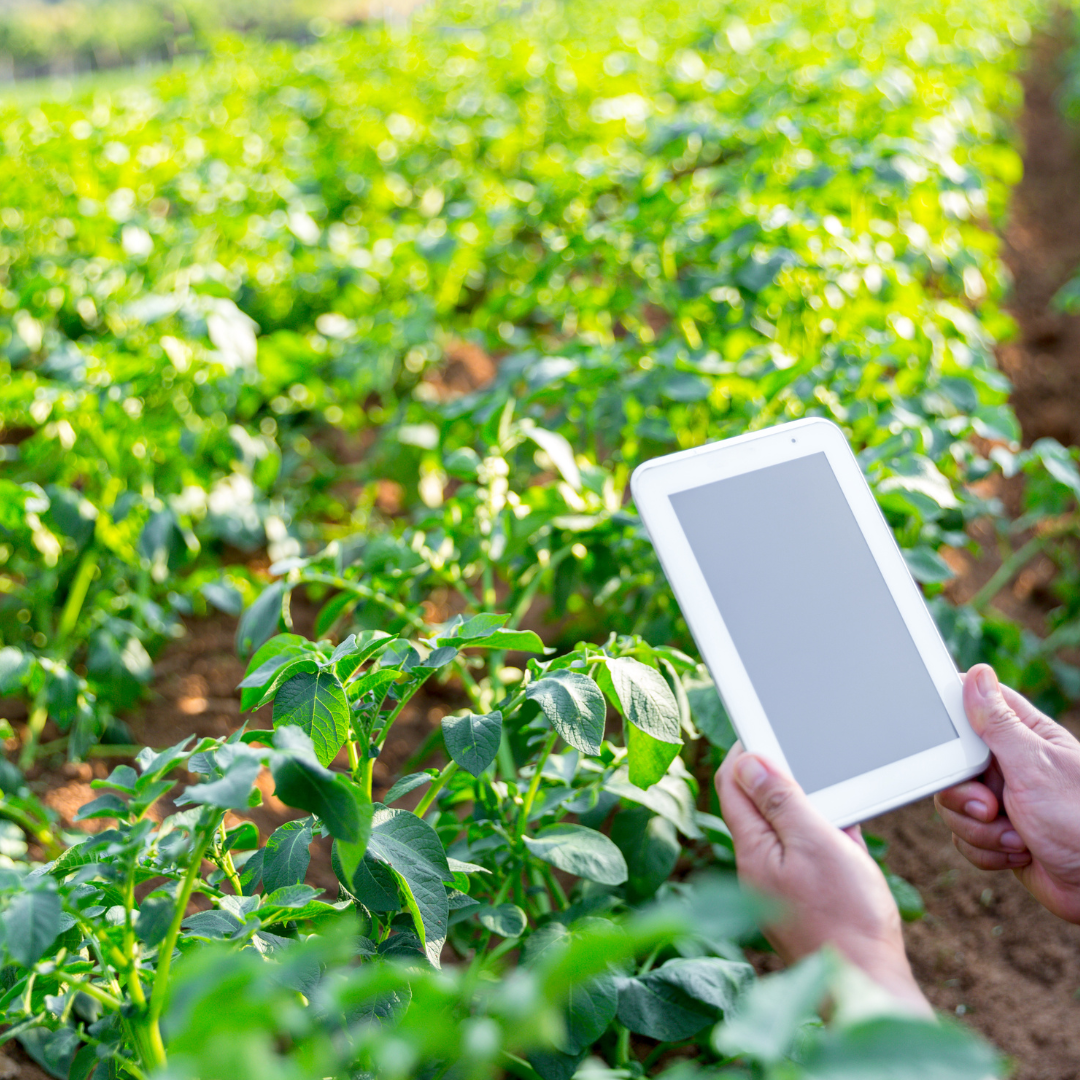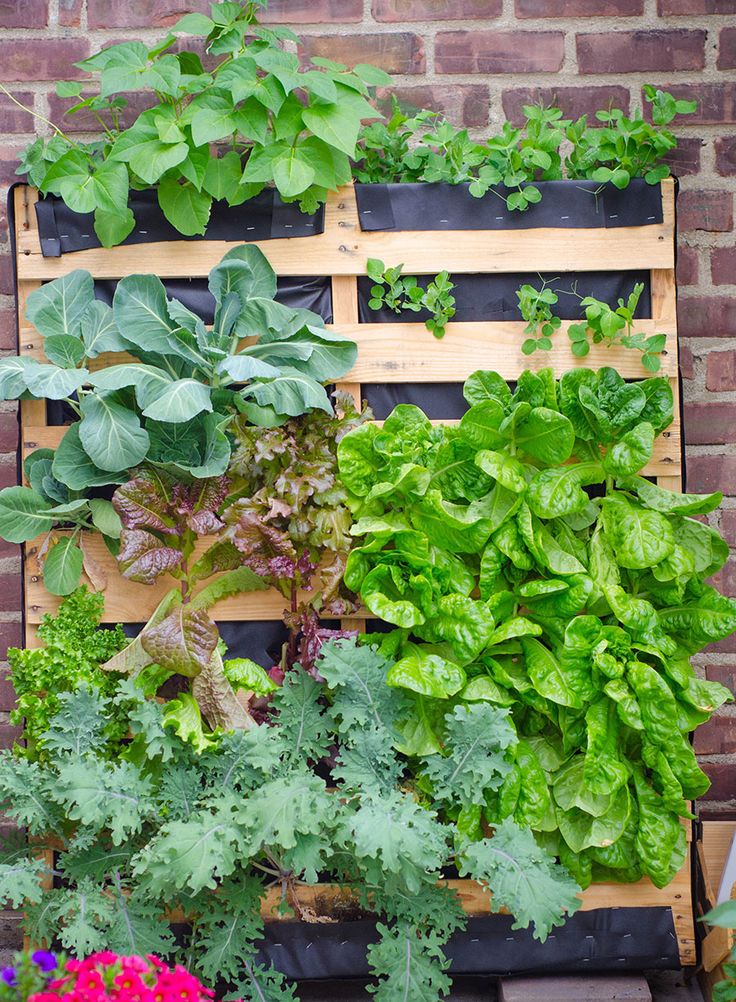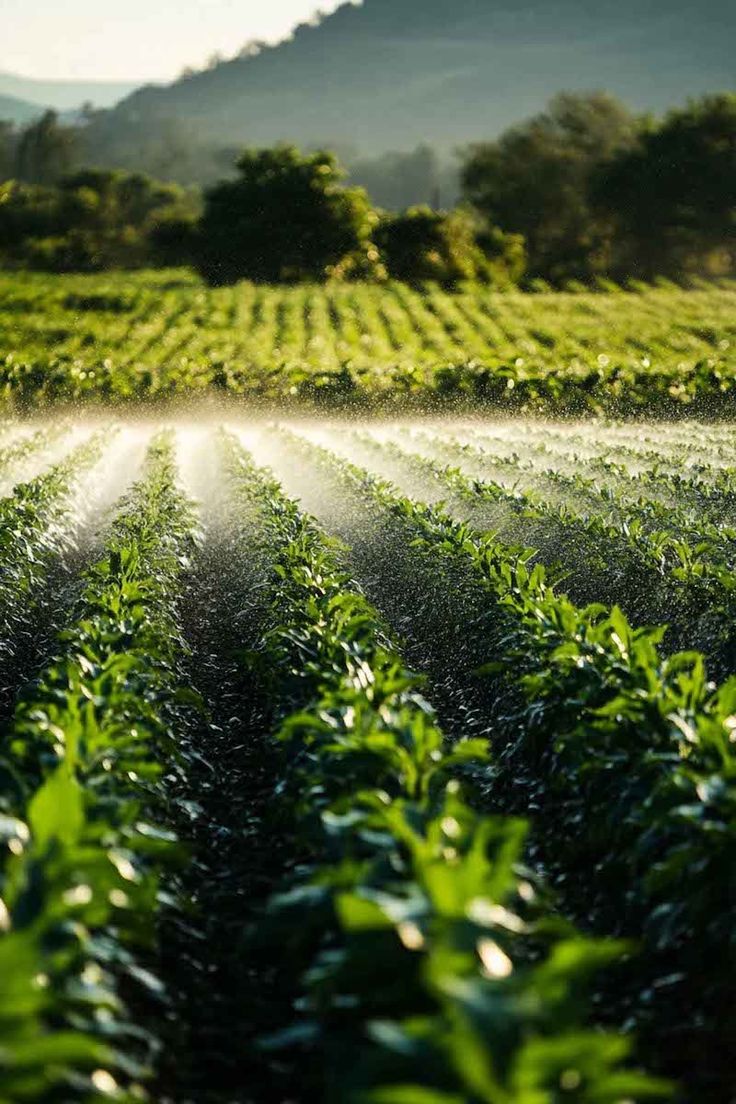The future of Sustainable agriculture is evolving rapidly to meet the challenges of feeding a growing global population while minimizing environmental impact.
As traditional farming practices face increasing pressures from climate change, resource scarcity, and population growth, innovative solutions are emerging that promise to transform the future of agriculture.
This article explores some of the most promising trends and innovations shaping sustainable farming.
1. Precision Agriculture: Maximizing Efficiency
Precision agriculture is one of the most significant advancements in modern farming. By using technologies like GPS, IoT sensors, and data analytics, farmers can optimize resource use, such as water, fertilizers, and pesticides.

This targeted approach not only reduces waste but also improves crop yields and quality.
For instance, precision agriculture allows farmers to apply water and nutrients precisely where needed, reducing environmental impact and saving costs.
Moreover, real-time data helps in making informed decisions, leading to better crop management and increased productivity.
2. Vertical Farming: Growing in Urban Spaces
With urbanization expanding and arable land decreasing, vertical farming offers a viable solution by growing crops in stacked layers within controlled environments. This method conserves space and significantly reduces the need for pesticides and herbicides.
Vertical farming systems, which use hydroponics, aeroponics, or aquaponics, are highly efficient, using up to 95% less water than traditional farming.

They also allow for food production closer to urban centers, reducing the carbon footprint associated with transporting food from rural areas to cities.
3. Regenerative Agriculture: Restoring Ecosystems
Regenerative agriculture goes beyond sustainability by focusing on restoring and enhancing soil health, biodiversity, and ecosystem functions. Practices such as cover cropping, crop rotation, reduced tillage, and holistic grazing are key components of this approach.
By improving soil structure and organic matter, regenerative agriculture enhances water retention, reduces erosion, and sequesters carbon.

These practices not only benefit the environment but also increase farm resilience and productivity, making them crucial for the future of sustainable farming.
4. Climate-Smart Agriculture: Adapting to Change
Climate change poses a significant threat to global food production, making climate-smart agriculture (CSA) essential. CSA involves adopting farming practices that are resilient to changing climate conditions while also reducing greenhouse gas emissions.

Some CSA strategies include planting drought-resistant crop varieties, implementing efficient irrigation systems, and adopting agroforestry practices that sequester carbon. By integrating these practices, farmers can mitigate the impacts of climate change and ensure food security.
5. Digital Agriculture: Leveraging Technology
Digital agriculture, also known as smart farming, involves using digital technologies to enhance agricultural practices. Technologies such as drones, satellite imagery, and AI-powered analytics allow farmers to monitor crop health, soil conditions, and weather patterns more precisely.
For example, drones equipped with multispectral cameras can detect early signs of crop disease, enabling targeted interventions. AI algorithms can predict weather patterns, helping farmers plan their planting and harvesting schedules more effectively.
These technologies contribute to more efficient and sustainable farming practices.
Conclusion: Embracing a Sustainable Future
The future of sustainable agriculture is filled with promise, driven by innovations that address the pressing challenges of today.
Precision agriculture, vertical farming, regenerative practices, biotechnology, climate-smart agriculture, alternative proteins, and digital agriculture are all playing a crucial role in shaping the future of farming.

As these trends and innovations continue to develop, the agricultural sector must embrace them to create a more resilient, efficient, and environmentally friendly food production system.
The collaboration between farmers, researchers, policymakers, and consumers will be essential in realizing the full potential of these advancements. By working together, we can ensure a sustainable future for agriculture that meets the needs of both people and the planet.
